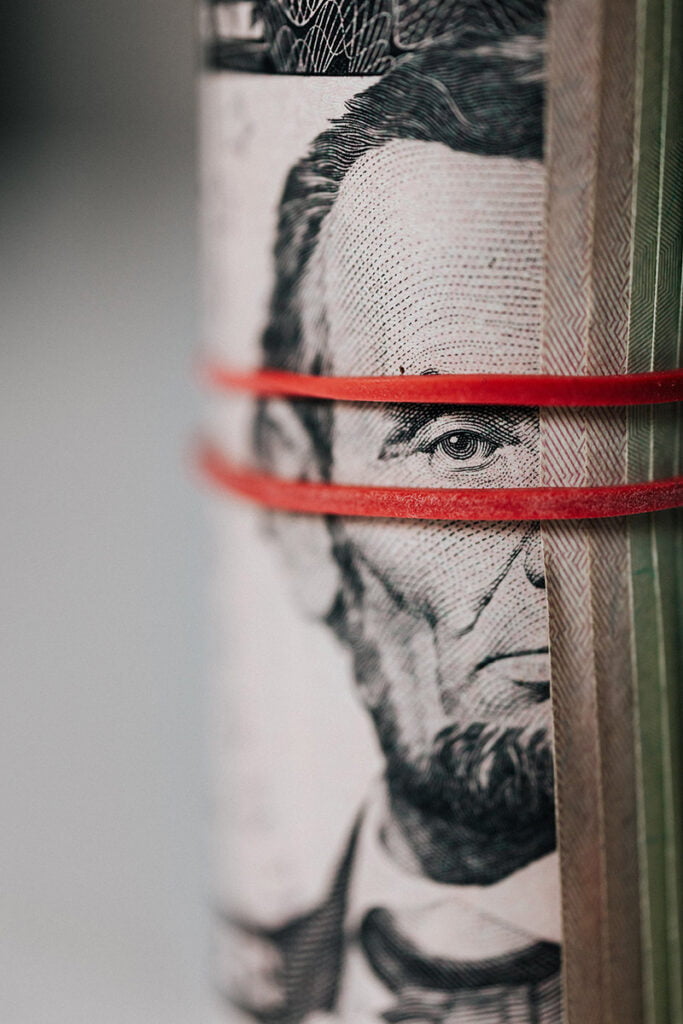Are Free Solar Panels Actually Free?
As with the majority of offers that seem too wonderful to make sense the ads you’re seeing for free solar also hold true.
When companies offer “free solar panels” what are they actually proposing? They’re usually referring to solar lease or Power Purchase Agreement (PPA) arrangement. These deals can provide an accessible way to utilize solar energy, but they come with specific terms and conditions via a contractual agreement should understand thoroughly.
In a PPA, the solar company installs panels on a homeowner’s property at no upfront cost. Instead of paying for the panels, the homeowner agrees to purchase the electricity generated by them, usually at a rate lower than the local utility’s price.
This rate can be fixed, or it can include an escalator clause that increases the price by a fixed percentage each year. This arrangement allows homeowners to enjoy the benefits of solar power without the significant initial investment of buying panels outright.
Below, we’ll explore the pros and cons of these arrangements.
Pros of 'Free' Solar Panels
- No Upfront Costs: One of the most attractive aspects of free solar programs is the lack of upfront investment. Unlike purchasing solar panels outright, these programs allow homeowners to avoid the substantial initial cost.
- Reduced Energy Bills: Users typically pay a lower rate for the solar energy generated compared to their usual utility rates, which can lead to savings on electricity bills.
- Hedge Against Rising Energy Costs: PPAs can provide a hedge against potential increases in utility prices.
- Access to Latest Technology: Homeowners benefit from the latest solar technology without the risk or cost of ownership, as the solar provider is incentivized to use efficient, reliable equipment.
- Maintenance and Repairs: In most lease or PPA agreements, the solar company is responsible for the maintenance and repairs of the solar panels, relieving the homeowner of these responsibilities.
- Environmental Benefits: Using solar energy reduces reliance on fossil fuels, contributing to environmental conservation efforts.
- Performance Guarantee: Companies often guarantee a certain level of solar panel performance, giving users peace of mind about their investment.
Cons of 'Free' Solar Panels
- Long-term Commitment: These agreements often lock homeowners into long-term contracts (typically 20-25 years), which can be restrictive, especially if circumstances change.
- No Ownership: Under a lease or PPA, the homeowner doesn’t own the solar panels. This means they miss out on potential benefits like government incentives or increased property value.
- Potential Cost Increases: Some contracts include annual price escalators, meaning the cost of solar energy can increase over time, potentially offsetting initial savings.
- Complications in Selling Home: Selling a property with a solar lease or PPA can be complicated, as the new homeowner must agree to take over the contract.
- Dependence on Solar Company: The homeowner’s ability to benefit from the solar panels depends on the solvency and reliability of the solar company.

Ultimately, while these offers are not entirely free, they can be a good option for those looking to adopt solar energy with minimal initial investment.


